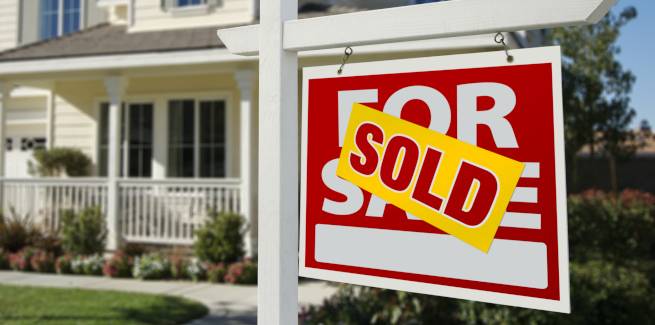CoreLogic’s Pain and Gain report for the March 2021 quarter has revealed that the portion of profit-making resales between January and March 2021 increased to 90.3 per cent nationally.
This has marked an increase from 89.1 per cent in the previous quarter and the coronavirus pandemic-induced low of 86 per cent in the three months to June 2020.
CoreLogic’s analysis of around 98,000 resales across Australia from the March 2021 quarter also showed that the number of loss-making resales fell by 16.5 per cent.
The analysis attributed the increased profitability to a rise in housing values through the March 2021 quarter, which began to rise in October 2020 when extended social distancing rules were eased across Melbourne.
By the March quarter, quarterly growth in dwelling values had risen to 5.8 per cent, which was the highest quarterly increase in national dwelling values since October 2003, the report said.
CoreLogic researchers said they believe that even as quarterly growth rates continued to rise through April and May 2021, March may have marked a monthly peak in housing value rises for this year, at 2.8 per cent.
The combined gains from these profitable sales totalled $30.6 billion, down from $32.2 billion recorded through the December 2020 quarter. This dip may have been due to seasonally lower sales activity in the beginning of the year, according to the report.
The combined value of loss from resales through the March quarter was $1.13 billion, up slightly from $1.12 billion in the December 2020 quarter.
Regional markets continue to outpace capitals
The report showed variations in the scale of pain and gain across the different housing markets.
For example, March 2021 marked the fifth consecutive quarter where regional property resales (90.6 per cent) resulted in a higher rate of profitability than in the capital city markets (90 per cent).
However, the difference between the two markets has narrowed to 60 bps, down from a wider gap of 160 bps in the September 2020 quarter, according to the analysis.
The rate of profit-making sales in the capital cities has increased more sharply over the quarterly period, up from 88.8 per cent in the December 2020 quarter, compared with the regional market, which has risen from 89.5 per cent in the December 2020 quarter.
“The lower loss levels across regional Australia through the March quarter likely reflect higher growth rates in dwelling values. In the three months to March, the combined regional dwelling market increased 6.3 per cent, compared with a 5.6 per cent increase in values across the capital cities,” the report said.
Unit loss-making sales more than twice as houses
Meanwhile, units were more likely to sell for a loss compared with houses, with figures showing that in the March 2021 quarter, 16.8 per cent of units sold for a loss across Australia, almost two and a half times more than the housing segment (6.8 per cent).
Unit sales accounted for 26.7 per cent of sales in the March 2021 quarter, but just over half of those loss-making sales.
While the rate of loss-making house sales was below the decade average of 9.3 per cent, loss-making unit sales was still elevated above an average of 15.5 per cent for the past 10 years, according to CoreLogic.
The report said that the relatively low rate of loss-making house sales has been supported by far stronger growth rates in this market. While house values rose by 6.5 per cent through March 2021, units rose by 3.4 per cent.
Investors made a more rapid gain in the rate of profit-making sales than owner-occupiers, but a higher percentage of owner-occupier dwelling resales resulted in profits.
While 88 per cent of investor sales made a profit in the March quarter (up from the 84.9 per cent of resales reported in the December 2020 quarter), 94 per cent of owner-occupier dwelling resales saw a nominal gain, up from 92.2 per cent).
Commenting on the research, CoreLogic’s head of research Australia, Eliza Owen, cautioned that looking ahead, while a broad-based upswing has continued to support increased profitability in housing market resales across Australia, there are potential headwinds such as housing affordability constraints, eventual mortgage rate rises, and the lingering risk of COVID-19 clusters.
She concluded: “For some pockets of the market, ongoing international border closures have already led to more subdued price growth, and a decline in rental return. These factors may slow the growth in profitability derived from housing in the coming quarters.”
[Related: Qld races ahead in property settlements: PEXA]

